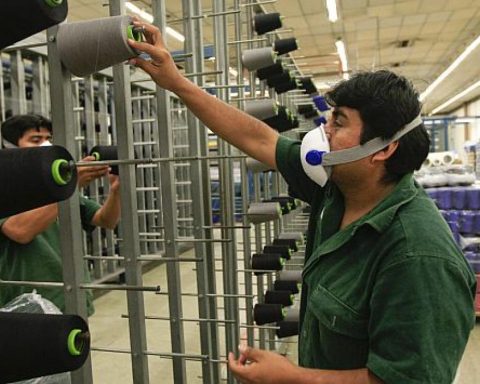Arturo Sánchez Jimenez
La Jornada newspaper
Friday, December 10, 2021, p. 4
Two years after the National Anticorruption Policy was approved, 40.6 percent of the entities still do not have their local mandates on the matter.
According to the Executive Secretariat of the National Anti-Corruption System (SNA), 19 local systems have approved their anti-corruption policies and 13 are pending.
In a virtual forum organized in the context of the International Day against Corruption, Bernardo Rojas, director of Inter-institutional Liaison of the Executive Secretariat of the SNA, explained that these delays are related to factors such as lack of resources or technical capacities of state systems.
“Several of the executive secretariats do not have sufficient resources and this is often reflected in the fact that they have a staff minimal or they lack the necessary technical capacities to carry out this exercise ”, he stated.
Other elements that influence, he stressed, that a high proportion of states have not approved their anti-corruption policy are electoral processes and changes of governments.
Elections interrupt and delay work
He said that although anti-corruption policies are not a partisan issue, but a State issue, when electoral processes have taken place, the work for their design and approval is interrupted and delayed.
Some local systems have also been burdened with their work because they are incomplete, since they lack various appointments so that they can fully operate.
Of the 13 entities that have pending approval of their anti-corruption policies, five have very advanced projects that could be endorsed in the coming months, while the remaining eight have less progress.
He explained that the Executive Secretariat of the SNA has participated in 55 virtual work meetings, in addition to workshops and information sessions related to the design and approval of state policies, in addition to providing technical and methodological support to local systems for this work.
The approval of such anti-corruption policies is important, he added, because they will serve as a roadmap for the work of state systems and the institutions that comprise them. In addition, they will allow the SNA and local systems to be accountable to the public, because they will allow for more specific actions, goals and deadlines to combat this problem.
















